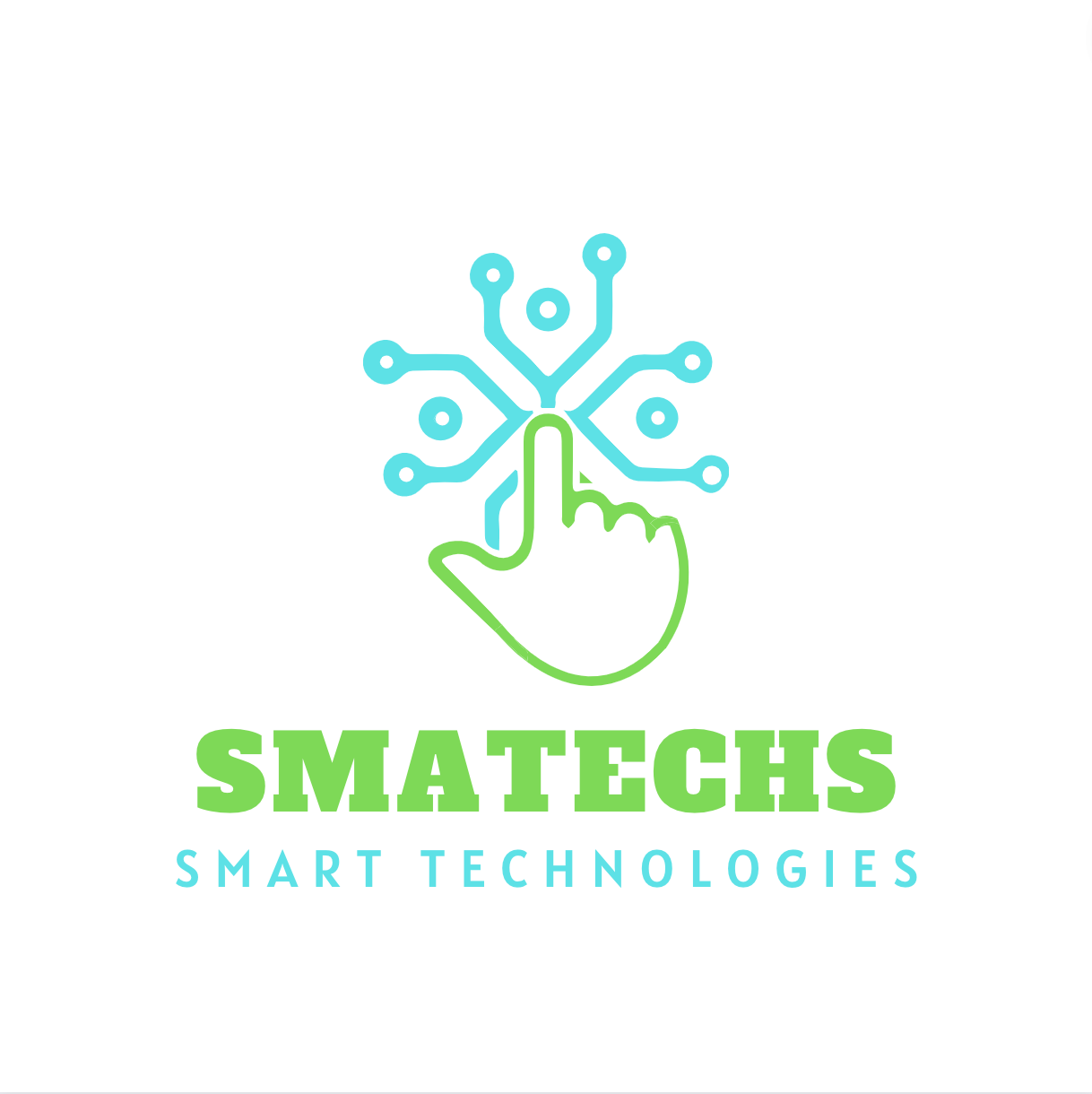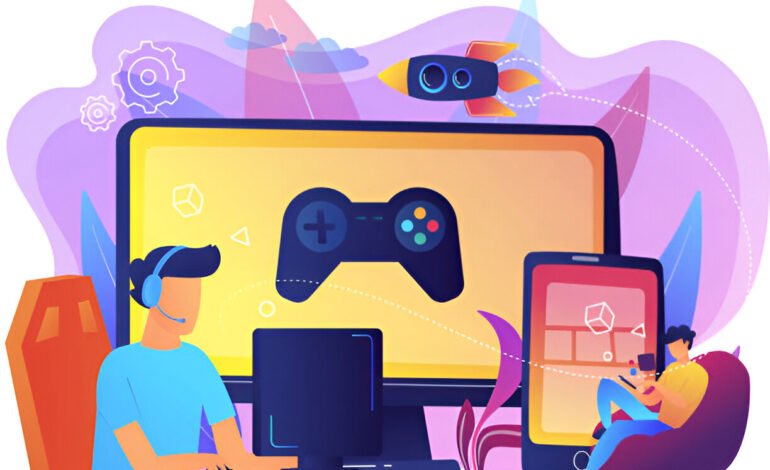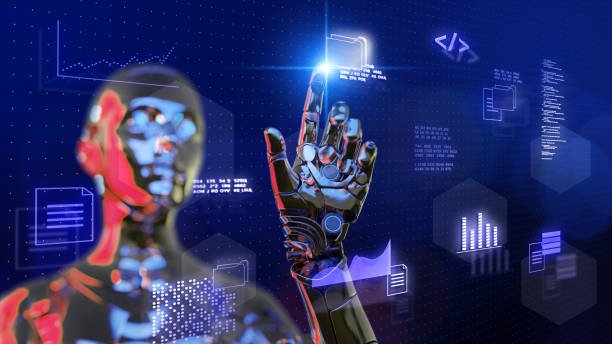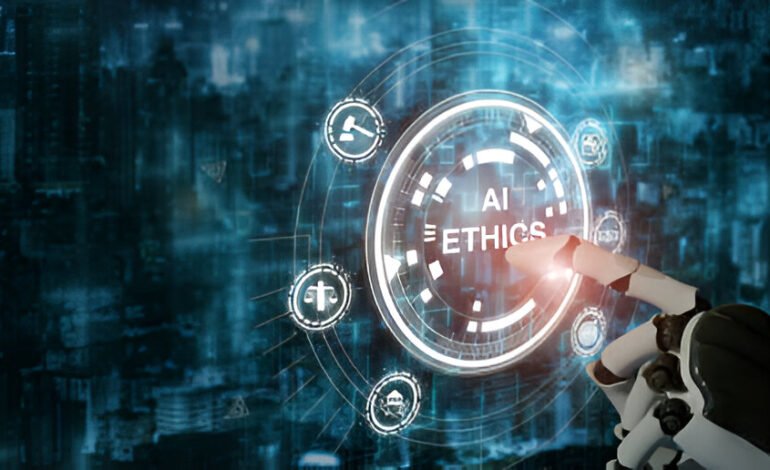
AI Ethics: A Guide for the General Public
Artificial Intelligence is changing our world at a tremendous pace, and as it grows in influence, ethics should also be pondered upon with its coming. A moral challenge as much as a technical one, AI Ethics spells out how prevention of bias and maintenance of privacy can be ensured. This article will break down AI Ethics in simple, relatable terms to make it easy to understand why it matters and how it impacts our day-to-day lives.
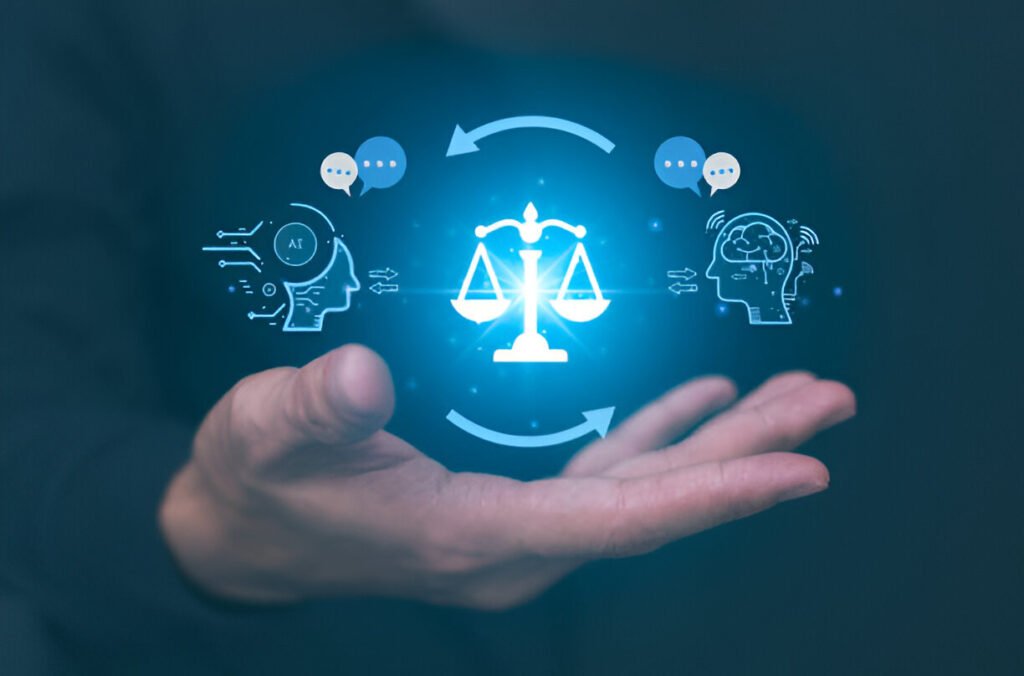
What is AI Ethics?
AI Ethics is the overall moral foundation that guides the very creation, deployment, and usage of artificial intelligence systems. In other words, it’s about ensuring AI benefits humanity rather than harming it. Similar to laws controlling human practices, AI Ethics addresses boundaries for machines. Believe about AI as a potent tool-similar to fire. Use it and you’ll get to cook some food or warm your family. Abuse it, and you will burn down the house. AI Ethics makes sure AI is used and used well.
Why Does AI Ethics Matter?
From all areas of life, whether healthcare, finance, transport, and so on, AI is now taking over the world. However, what happens when AI goes wrong, and even worse, how it was designed? Take for example application of AI for hiring and promotion. If such an algorithm discriminates disparately against a particular group of people, the consequences will be harsh. Ethics of AI, therefore serves to contain these issues through fairness, transparency, and accountability.
Key Principles of AI Ethics
There are several key principles guiding AI Ethics. These include:
- Transparency: AI systems should be open about how they make decisions.
- Fairness: AI should not discriminate based on race, gender, or other factors.
- Privacy: AI must respect people’s data and the right to privacy.
- Accountability: Someone must be responsible when AI systems cause harm.
The principles ensure that AI is for all, and not just for a select few.
Privacy Concerns in AI
With the rise of AI, privacy has become a significant concern. AI systems often rely on large amounts of data, including personal information. While this data can improve services, it also raises questions about who has access to it and how it’s being used. For example, voice assistants like Siri or Alexa constantly listen to our conversations to better serve us. But are they storing more than they need? Protecting our privacy is a cornerstone of AI Ethics.
Bias and Fairness in AI Systems
As far as AI systems are concerned, this is only as good as its data source. If the data source does contain bias, the AI learns it and then goes on to preserve the same. This will lead to unfair results, especially in sensitive areas like hiring and lending or law enforcement. For instance, a gender-based screening AI system for job applicants could favor male applicants if the data it received in the training process shows a historical inclination of men. According to AI Ethics, these biases must therefore be eliminated in order to have a more balanced system.
The Role of Transparency in AI
One of the biggest challenges with AI is that it’s often a “black box”—we don’t know how it arrives at its decisions. This lack of transparency can lead to distrust. Imagine applying for a loan and being denied by an AI system without knowing why. Ethics AI pushes for transparency in AI algorithms, so people understand how decisions are made and can challenge them if necessary.
AI in Healthcare: Ethical Dilemmas
Health care is undergoing significant transformations with AI. It is improving diagnostics, personalizing therapies, and streamlining the operations. The ethical issues are arising when the decisions of AI determine the human life of patients. Can a machine decide which patient is to be treated first in emergency? What if it wrongfully diagnoses a patient? Balancing innovation with mailchimp ethics is crucial in applying AI to healthcare cases.
AI and Employment
Millions of jobs will be replaced-these are not only factory workers but also those providing information or making administrative decisions. Therefore, increased productivity comes at the cost of raising ethical issues about unemployment and inequality. What is the responsibility of the company when it replaces humans with machines? How do we make sure that AI is for everyone, not just the white-collar millionaire?
Autonomous Vehicles: Ethical Choices
Self-driving cars are one of the most visible uses of AI today. But they also pose some of the toughest ethical questions. If an autonomous car must choose between two harmful outcomes—like hitting a pedestrian or swerving into a wall and endangering its passengers—how should it decide? These “trolley problem” scenarios make AI Ethics more relevant than ever.
The Future of AI Ethics
Ethical problems that accompany AI as it advances will hence emerge: from respect for human rights in real systems to preventing any bad use, AI Ethics will prove critical to the actualization of our future. Governments, firms, and individuals should always be involved in the issue and should advocate for the necessary ethical development of AI.
Accountability and Responsibility
Who is liable when harm is caused to someone through an AI system, the developer, company using the system, or AI? Ethical Determination of AI Ethics indicates that although human creation is essential, humans should never have an excuse or let AI to be blamed for mistakes. That is building clear guidelines on responsibility and especially in case things go wrong.
Legal and Regulatory Frameworks
The governments are also putting laws and regulations about AI in place nowadays, but much is left to be done. Ethical AI calls for a comprehensive legal framework which safeguards the rights of individuals and stimulates innovation; equally important is the development of international standards for AI Ethics since AI does not see borders.
How to Foster Ethical AI
Building ethical AI is neither solely the work of government nor can be a technocompany. It is one on which all people have roles to play. Educating the public through increasing awareness about AI, ensuring diversity, and holding companies responsible for their actions, are a few ways we can help develop this culture.
